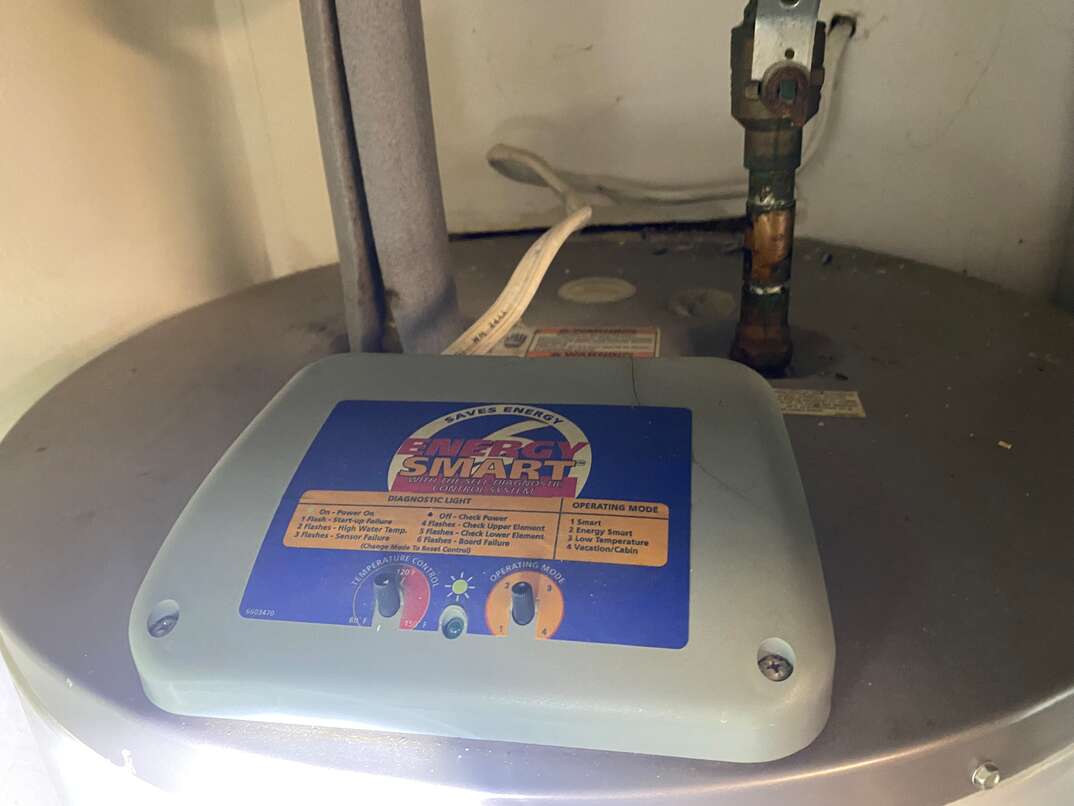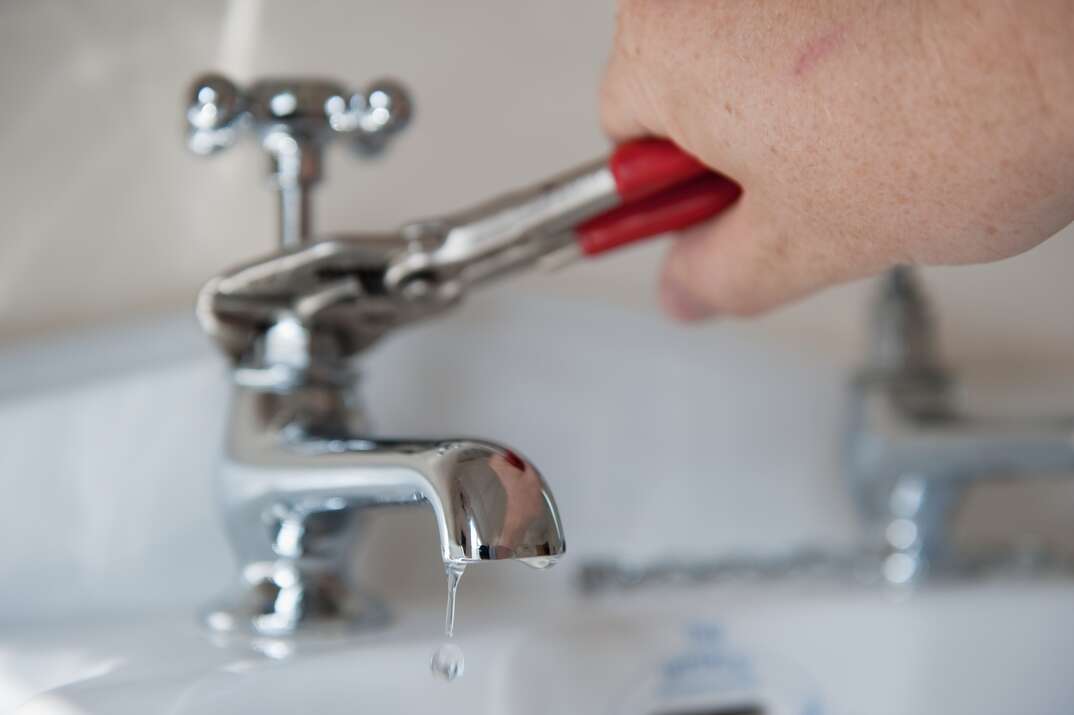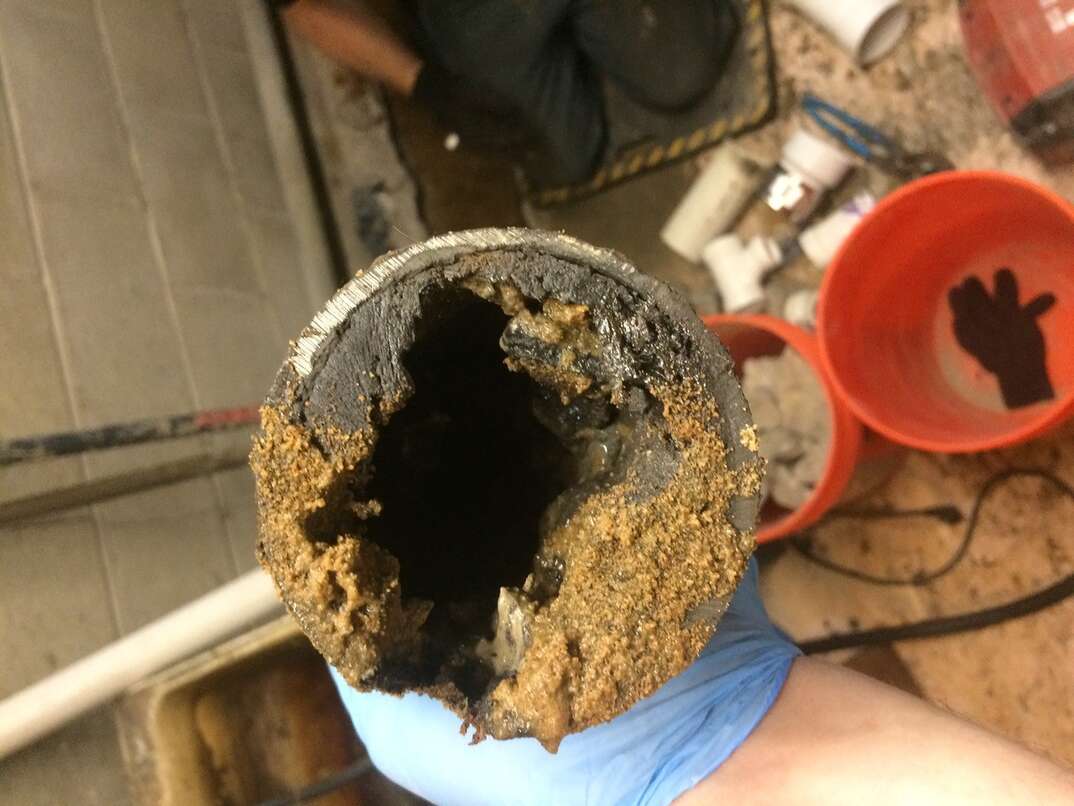5 Reasons to Switch to an Electric Water Heater

Appliances don't last forever, and your water heater is no exception. An aging appliance could leave you with a tap full of rusty water or a puddle on the floor, so it's best to start looking for a new unit after yours hits the 10-year mark.
This May Also Interest You: The 5 Types of Water Heaters
When the time comes to replace the gas water heater in your home, consider going electric instead.
What Is the Process of Switching From a Gas Water Heater to an Electric One?
Converting from a gas to an electric water heater typically involves hiring a plumber and an electrician. A plumber typically handles disconnecting your old water heater from the gas line, while an electrician is required to install a new electric outlet and wiring to power the new unit. You may need to add another breaker or subpanel to your existing electrical box.
After you change a gas water heater to electric, you may need to close off any vents used by the old heater because electric models don't require venting.
What Are the Reasons to Switch From Gas to Electric?
Here are five reasons to switch from using gas for hot water to an electric water heater.
1. Reduced Maintenance Needs
Electric water heaters require less maintenance than gas water heaters. There are fewer moving parts in an electric water heater, which means there are fewer parts that could potentially break down and require repair or replacement.
2. Safety Concerns
Electric water heaters are safer because no gas line is involved, and combustion isn't required. The water is heated when electricity heats up coils inside the tank. This reduces the risk of gas leaks and fires.
3. Longer Usable Life Span
Electric water heaters have a longer life span than gas water heaters, so you won't need to replace the appliance as frequently. The life span of an electric water heater is around 10 to 15 years, while a gas water heater may last only 8 to 10 years.
4. More Reliable
Electric water heaters are easier to restart after an emergency shutdown. If the pilot light on a gas heater goes out during an emergency, you might have to call a professional to restart the appliance and check the gas line before you can use it again. An electric water heater doesn't have a pilot light, so it turns back on as soon as your power does.
5. Cost Savings
Electric water heaters are often less expensive than gas water heaters, so the up-front cost of the unit may be lower. Depending on your geographic location, electricity costs may be higher than gas, but you may be able to save money on operation by using electricity powered by solar panels installed on your roof.
More Related Articles:
- Why Is My Tankless Water Heater Banging?
- How to Flush Your Tankless Water Heater: A 7-Step Guide
- A Tankless Job? Decide Whether a Tankless Water Heater Works for Your Home
- How to Install a Tankless Electric Water Heater: A 10-Step Guide
- How Much Does It Cost For a Tankless Water Heater?
Considerations When Replacing a Gas Water Heater With Electric
Some things to consider when replacing a gas water heater with an electric model include the cost, location and style of heater you plan on buying.
If you have a large family, you might have to consider whether an electric water heater can keep up with your hot water needs. Electric units are usually smaller than gas water heater tanks, so less hot water is kept stored in the tank.
Because of the smaller size, an electric tank water heater can usually be placed in the same room or dedicated water heater closet as your gas model. With electric, you also have another option: a tankless water heater.
Tankless electric water heaters produce hot water on demand instead of keeping the hot water in a tank, which can save energy and reduce the cost of operation. There's no need for a dedicated room or closet because these tankless units are installed directly onto a wall. In a larger home, you may need more than one tankless water heater to accommodate different sections or levels of your home.


